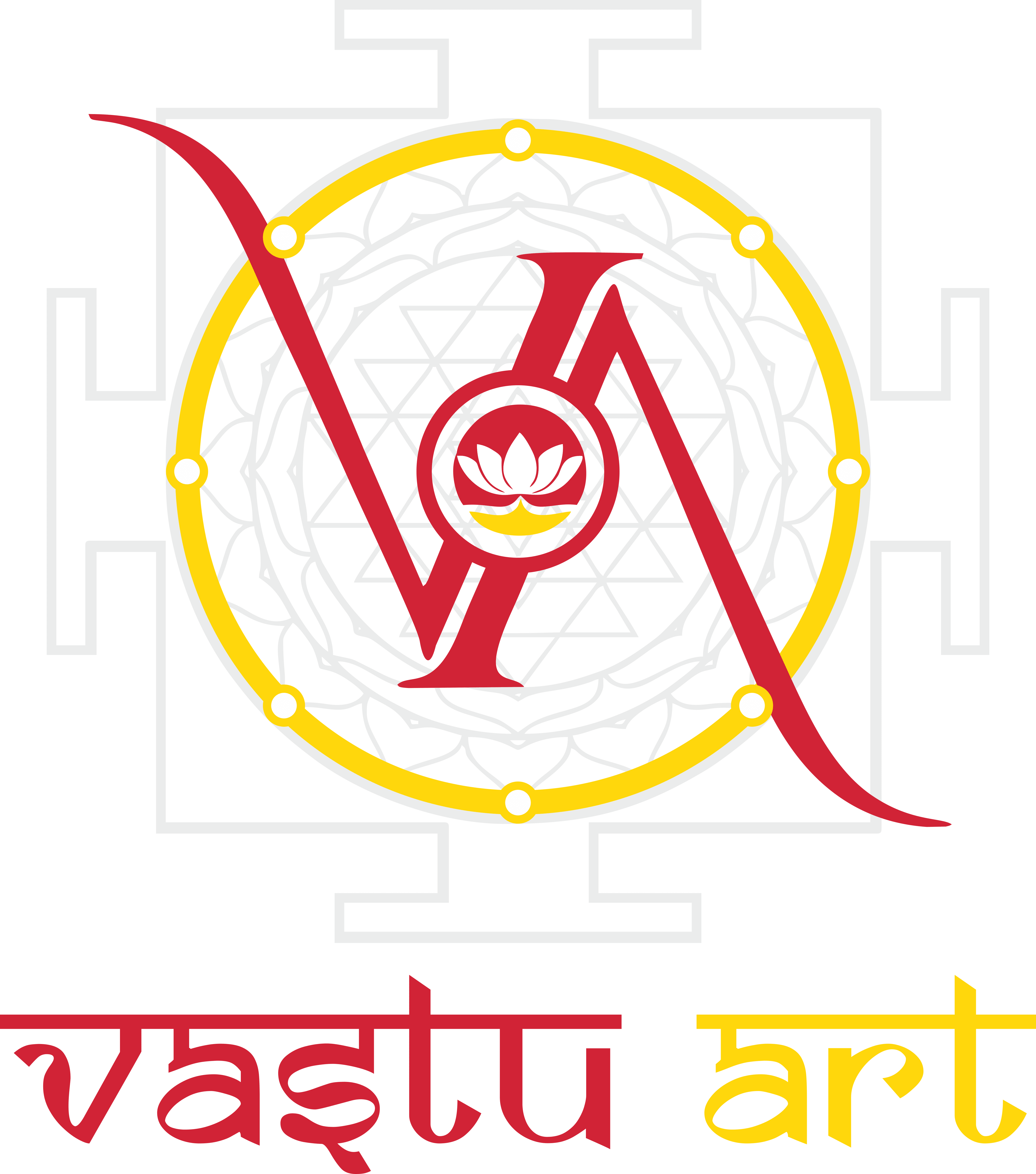Vastu Shastra Tips for Your Home Temple/Mandir
How can building the temple at home according to Vastu help keep the family content?
The house of God, temple or the place for worship etc these architectures if made according to nature then looking at these artistic and lovely structures makes your heart feel extremely delighted. These enchanting structures are named Temple Vastu. Nowadays, even if it is the construction of temples, or business places, or your own home etc. everywhere the principles of Vastu are thought upon broadly. The temples constructed for praying to God are known as Religious Vastu.
Indian culture has great importance of temples and praying. The result of praying done with complete devotion and dedication is always fruitful. Temple is a place of worship, where people from every faith such as Sanatan Dharm(Hinduism), Buddhism, Jainism, Sikhism etc, each of them pray to their Isht Dev(Lords)or the presiding god in their homes. The temple built in your house is such a holy space where the idols of Gods are placed according to vastu for worship. If you look at the origin of the word temple(mandir) it originally means house(ghar), therefore temple’s true meaning is the house of God.
To build a temple, the first step is to examine the site. According to Vastu, the site that has flow of water in all 4 of its directions which means that the site is elevated in the center and slightly declined towards the 4 directions is auspicious and fruitful for the temple. Before beginning the work of the construction of the temple with precious stones, gold, beauty, coral and fragrant flowers, the plot or the space where the temple is being built should be purified by sprinkling the Panchgavya or cowpathy namely cow milk, ghee, curd, urine and cow dung.
Bowing everyday in the temple built in the house and also praying there can make a person’s thoughts positive. Just by going to the temple people find strength to overcome their everyday problems, it also increases one’s belief in God and increases self-confidence. With this self-confidence they are able to face any problems that might occur in front of them
Secondly, if we go to the temple everyday and pray to God for essentials then God helps us to achieve that. Because the temple is hovered with positive energy, by going there the thoughts in mind turn positive. In this situation we realize that everything that we are doing is by the approval of God and because of this belief we refrain from doing anything wrong. By going to the temple we do good deeds and are also saved from many difficulties that may occur.
The importance of vastu-shastra is its use in daily life. The biggest speciality of vastu-shastra is that it is an art that prioritizes the harmony between the life of organisms created using the Five Great elements and structures built using the elements. The motive of vastu-shastra is to create a voluntary life and body using the powers of nature and the synergy of the Five Great elements.
Where is the flow of positive energy highest in the temple?
According to vastu-shastra when a temple or a place of worship is created the place chosen for the construction has to have a high flow of positive energy. The architecture of the temple is done according to Vastu with the motive of having a place with better flow of energy for the people coming there. This is the reason why there is the presence of more positive energy in temples. Except for this the rituals, the Mantra chanting, the prayers, the bells, the sound from the Shankh(divine conch) each of these play a role in creating a positive environment in the temple premise. This is also supported by modern science because science has also accepted the fact that the sound that comes from the Shankh(divine conch) and the bell has a positive effect on the mind and heart and also the sound waves that are produced from them help kill microorganisms.
Vastu and temple is a very massive topic, which we are conveying using this blog. We will be discussing some areas in detail while shedding some light on vastu:
The house of God or temple is a spiritual resource that takes away our sorrows and sufferings and brings happiness and peace in our lives. One should pay special attention that the main rules and principles of vastu are being followed while constructing the temple. It is necessary to choose a special direction and a special place for the construction of the temple. Because a temple built at the ideal place at home gives constant growth of happiness and prosperity. Make sure to remember that your home temple is at the appropriate space.
While constructing the home temple what should be paid attention to?
- According to Vastu the Eshan Kon(North-East) direction is the best for constructing the temple.
- According to the rules of Vastu, sitting and praying in the Eshan Kon(North East) is the most beneficial as praying in this direction brings peace to your mind and more interest towards praying.
- According to the Hindu holy books and the principles of Vastu, the home temple, the idols of Gods Shiva, Vishnu, Surya Dev, Ganpati, and Goddess Durga should always be kept in the East direction facing them towards the West direction. Except for them the idols of Gods Hanuman, Kuber, Bhairav Baba, should be kept in the North direction while facing them towards the South.
- The home temple should never be under the staircase because the construction of such temples can create a lot of problems in the people’s life and also the financial success of the house gets interrupted.
- The home temple should never ever be built in the basement as then the fruit of the worship is never gained.
- The house temple or the place of worship if painted with white or creme is considered very auspicious.
- The temple in the house should be built in a clean and hygienic space which means it should not share any walls with a bathroom or a toilet
- There should be no broken or damaged idols of Gods in the home temple as setting up broken idols of Gods will bring bad luck and also the result of the worship will not show
- The temple should not be situated in the bedroom and if under special circumstances it has to be done that way then the Vastu precautions related to the situation must be followed.
- The temple door should have two parts to the door and the door should not be of metal.
- Constantly opening and closing doors with springs should not be used for temple doors.
- There should be no storage wardrobe/almirah in front of the Gods in the Puja room(Home temple).
- The Eshan Kon of the home temple or the place of worship should not be built heavily, in this place no platform can be created. Use a mat or a carpet to sit and pray.
- The devotee or the person praying must face towards the East or the North and the Gods should face towards the West or the South. - In the home temple the Yagya mandap or the Agni Kund should be built in the Agni Kon(South-East).
- In the home temple none of the shapes or the composition of the God and Goddess should be triangular.
- Above or below the home temple there must not be any toilets. - Do not stick the idols or pictures of the Gods and Goddess to the wall of the temples, leave a few inches and then place them. - Do not put pictures of violent and auspicious birds or animals, pictures from Mahabharat or pictures of Vastupurush(Architects). - Never use any bricks, stones, limestone, or wood that has been discarded from a house or anything else in the construction of a temple.
- If you want to build walls in the temple then do so in the East and the West direction. But not in the North and the South should not be considered for building a wall as they are defective/unlucky. If you have to build one door then use the East direction wall and if you have to build four then use all four walls.
Regarding the construction of temples it has been written in the Prasad Mandanam that:

Vastu Expert- Ravindra Dadheech
Co-founder - Vastu Art







